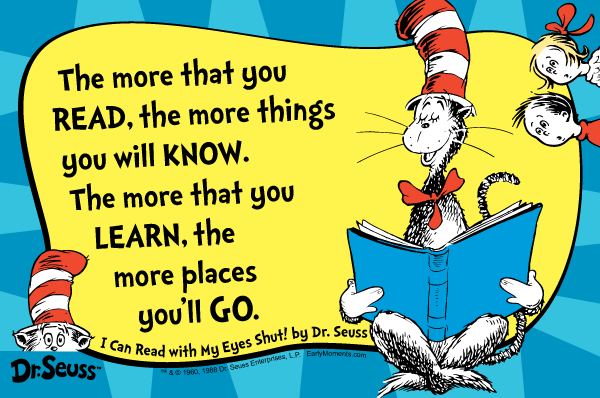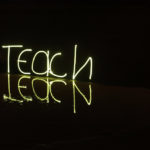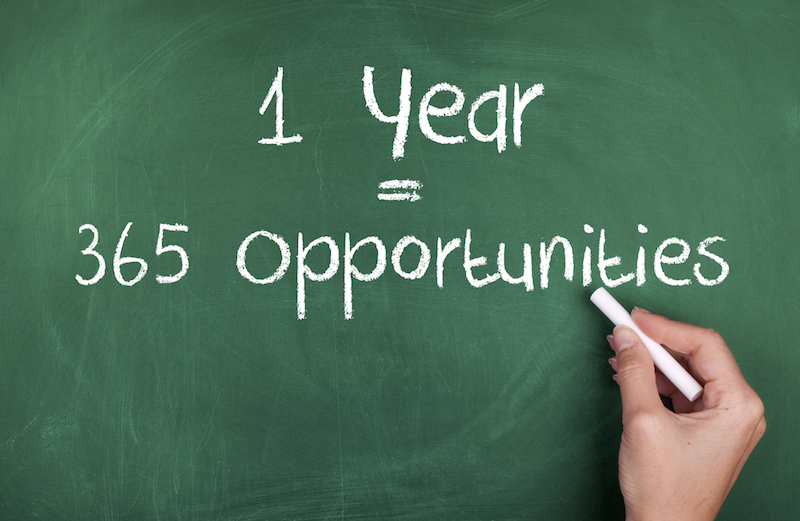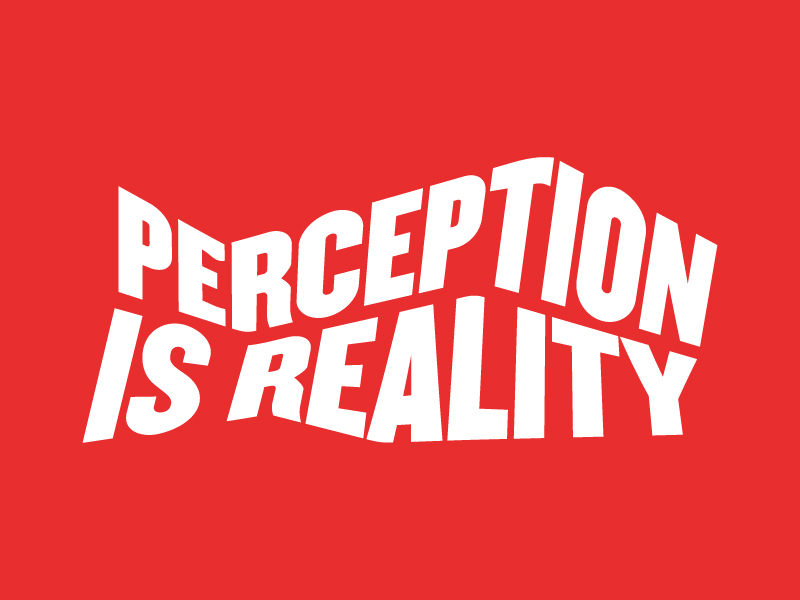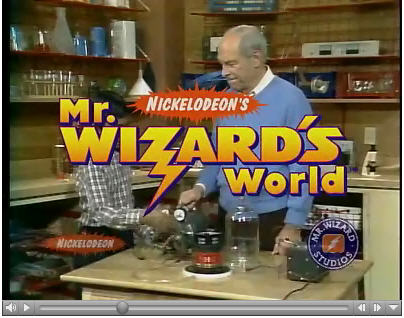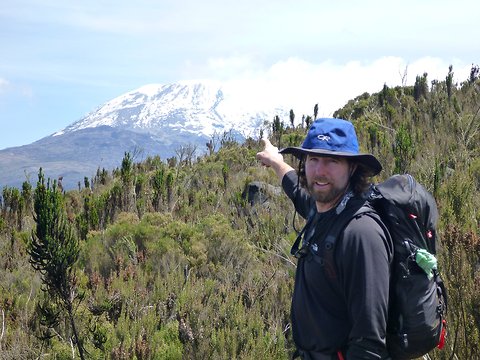“The things we know best are things we haven’t been taught.”
—Luc de Clapiers, 18th Century Marquis de Vauvenargues
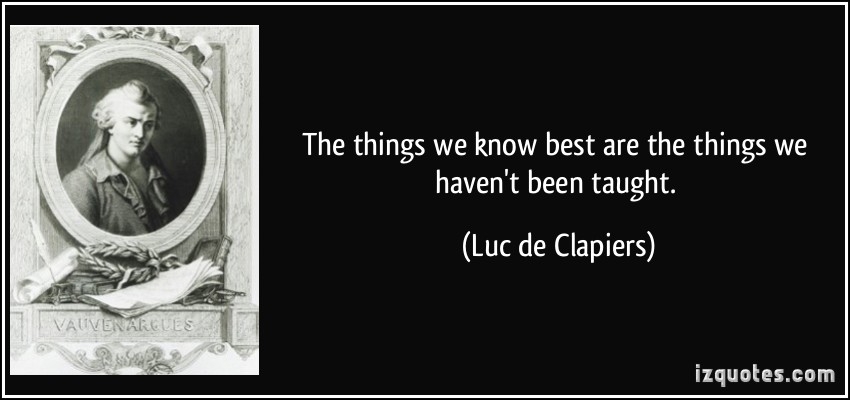 My first career, fresh out of college, was as a teacher. It was my belief at the time that it was my job to literally pour my knowledge of life science into the minds of 25 sixth grade students. What I discovered was that very little got in, and even less of my brilliant lessons stuck for more than a week or two.
My first career, fresh out of college, was as a teacher. It was my belief at the time that it was my job to literally pour my knowledge of life science into the minds of 25 sixth grade students. What I discovered was that very little got in, and even less of my brilliant lessons stuck for more than a week or two.
One of my fascinations over the years, and particularly since I began my career in coaching, is what some call the “stickiness” factor. It turns out that most of life’s greatest and enduring lessons occur through experiential learning, in which the student is fully engaged, even lost, in their own inquiry.
EXERCISE:
What areas of personal or professional development are you and others in your world most open, interested, and excited about? How can you structure a deep and meaningful learning experience in these areas?

